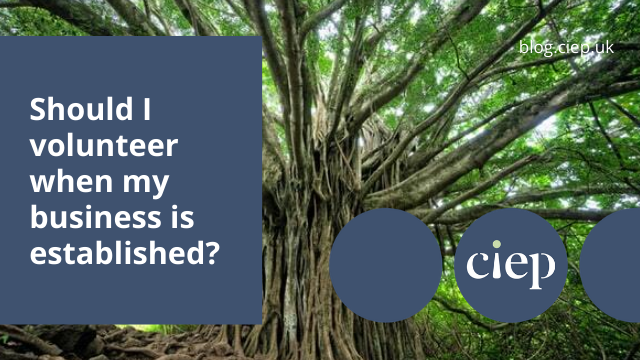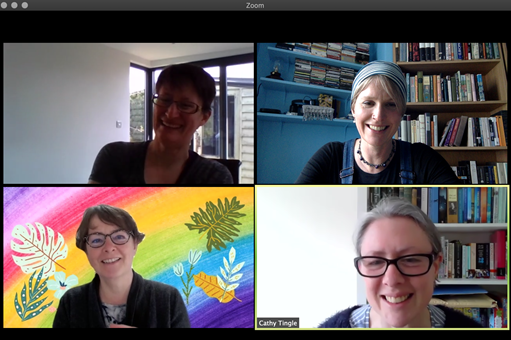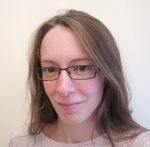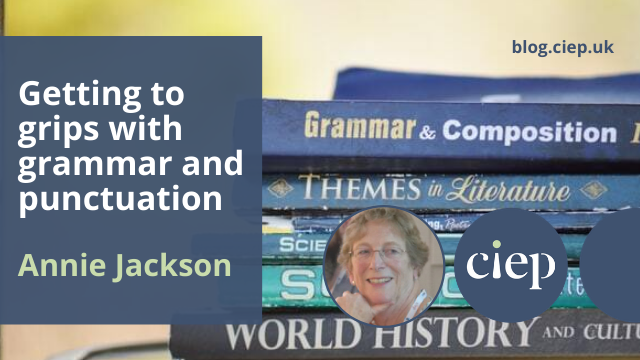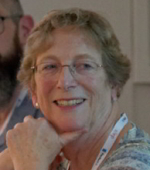In this post, Abi Saffrey thinks about the ways in which we develop our professional selves while doing the job we do – an often overlooked form of CPD.
This article considers:
- Informal conversations and guidance
- Seeing a task from a different perspective
- Observing colleagues and peers
- Procrastinating on the internet
- Teaching others
- Writing an article
- Continuing professional development
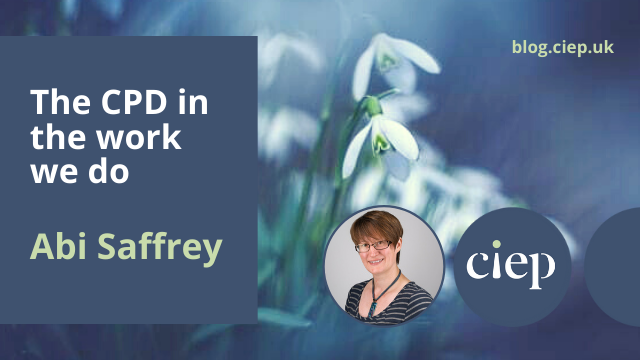 It’s highly likely that most of the people reading this post have put some formal training on their professional development plan for 2022. I certainly have every intention of signing up for the CIEP’s Plain English for Editors online course, or perhaps the References one. I also have some of the Publishing Training Centre’s e-Learning modules to work through.
It’s highly likely that most of the people reading this post have put some formal training on their professional development plan for 2022. I certainly have every intention of signing up for the CIEP’s Plain English for Editors online course, or perhaps the References one. I also have some of the Publishing Training Centre’s e-Learning modules to work through.
When building our development plans, we often dismiss or forget the informal learning that we do every day while working. There are so many ways to learn new skills, adapt current ones, deepen our understanding, broaden our experiences – these are perhaps harder to label than a training course, but equally important in keeping our careers, and businesses, on track.
Informal conversations and guidance
Whether working for an organisation or ourselves, we have networks of people that we talk to. In an office or via an instant messaging tool, we can ask colleagues quick questions, or perhaps jump on a video call to discuss an idea.
Even a more formal meeting can be a learning opportunity, not just about how to carry out a task but how to communicate about it, finance it or improve it.
For those of us who work at home alone, having conversations with peers can remind us of our professional sense of self, and I find that after one of those conversations, I’m more proactive and productive.
Seeing a task from a different perspective
It’s very easy to focus on how we race through a task that we do often, and I suspect we’re all a bit prone to forgetting the actions that sit around that task. With my editorial project management work, I can gain insights into how copyeditors and proofreaders work, into what designers and typesetters need to know, into the priorities of the publisher – and I can take that and apply it to my own editing or proofreading (as well as future project management).
Taking a step back and thinking holistically about a project can be informative and rewarding, remind us of the bigger picture, and perhaps help us identify areas for more formal CPD.
Observing colleagues and peers
This is easier when working in an office with someone, clearly. I learnt so much from those around me as an employee, and when working in a client’s office as a contractor.
I’m in an accountability group, and on one of our professional retreats we spent a session looking at how we’d edit different types of texts – we all had different approaches and talked about which approach worked best for each text. With a bit of planning, this could work well over a video call or even in an online chat forum.
Talking of online chat forums, the CIEP member forums are full of gems covering every aspect of editing and running an editing business.
Procrastinating on the internet
Twitter, hey? It’s a right time-sink. How about that Wordle game? At least you can only play it once a day, but then did you read the articles about how to get better at it?
This may be the wrong thing to say, BUT there is value in procrastinating on the internet. So many of us scold ourselves for spending a bit too long on social media platforms, but there are great things in among the pyramid scheme promotions, political despair and, of course, cats. There are relevant blog posts, discussions, contacts being made, creativity being sparked, unknown terminology being discovered, different approaches to the same problem and the worldwide #StetWalk movement.
Teaching others
Teaching someone else how to do something that we know how to do is a fabulous way to reinforce our own knowledge. It can help us to realise how much we do know, and often highlights what we still don’t know. There is a lot of value in rewinding our understanding and trying to build up that understanding in someone else. That word you use all the time? They don’t know it. Those who learn from us can ask questions that we might never have thought of, and finding out you didn’t know what you didn’t know will be a revelation.
Writing an article
Write about what you know. Tailoring an article to the intended audience is a skill, and writing has the same benefits as teaching. For editors, writing also has the added value of building empathy towards those whose words we work with. When this article comes back from its proofreader, I will be nervous about what corrections may have been made. And once this is published, I’ll wonder about what kind of reception it will have. Receiving feedback help us to better give feedback (and give better feedback).
Continuing professional development
The skills that we need change and evolve, as do the industries we work in. Let’s welcome informal professional development into our work lives, and acknowledge that which already exists. I’ve covered the kinds of learning I’ve benefited from throughout my career – share yours in the comments.
About Abi Saffrey
Abi Saffrey is an editorial project manager, copyeditor and the CIEP’s information director. In 2022, lots of her informal CPD will come from working with her CIEP Council and information team colleagues.
 About the CIEP
About the CIEP
The Chartered Institute of Editing and Proofreading (CIEP) is a non-profit body promoting excellence in English language editing. We set and demonstrate editorial standards, and we are a community, training hub and support network for editorial professionals – the people who work to make text accurate, clear and fit for purpose.
Find out more about:
Photo credits: snowdrop by Kiwihug; Toronto perspective by Nadine Shaabana, both on Unsplash.
Posted by Abi Saffrey, CIEP blog coordinator.
The views expressed here do not necessarily reflect those of the CIEP.

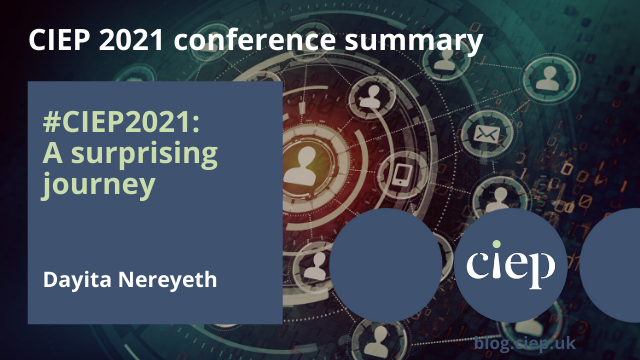
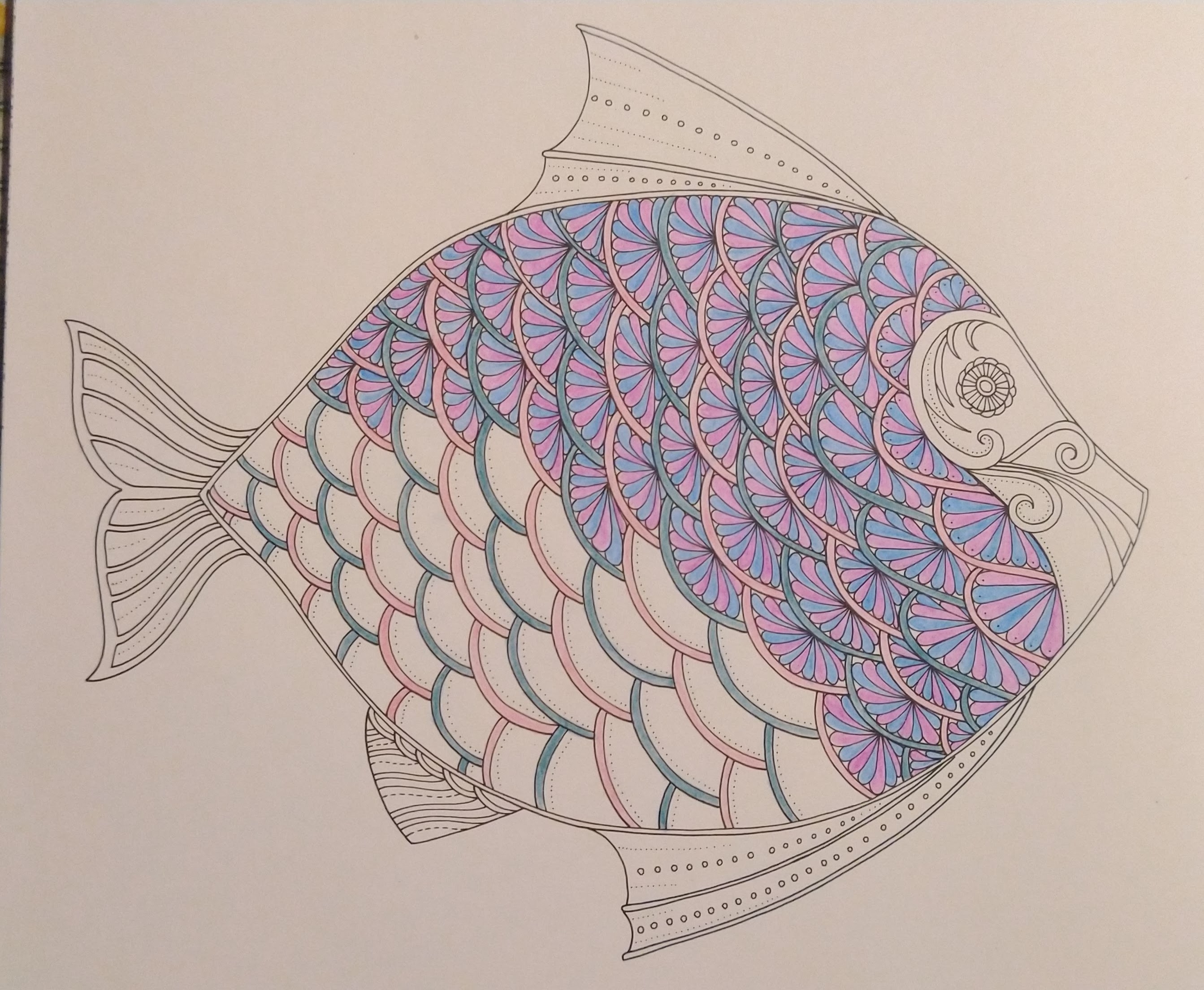

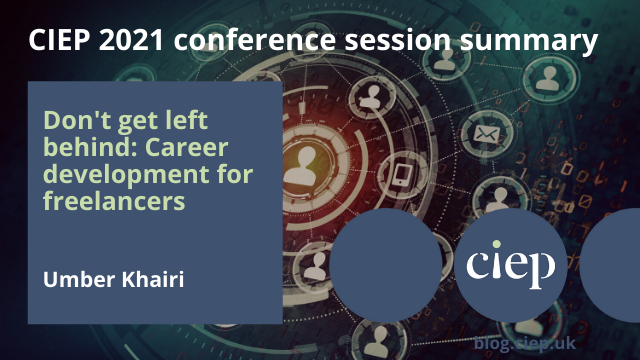
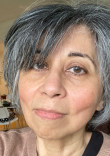
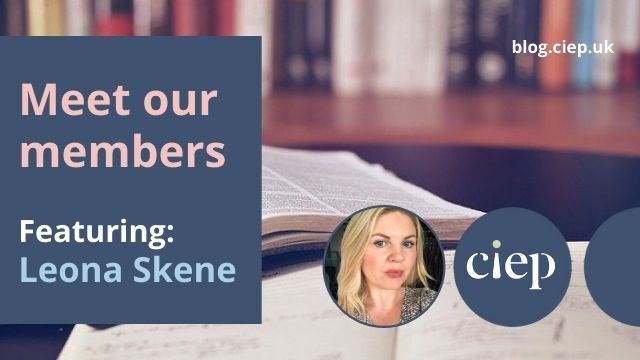




 Julia Sandford-Cooke of
Julia Sandford-Cooke of 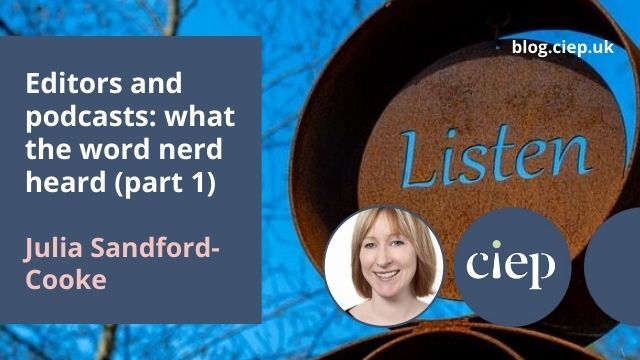

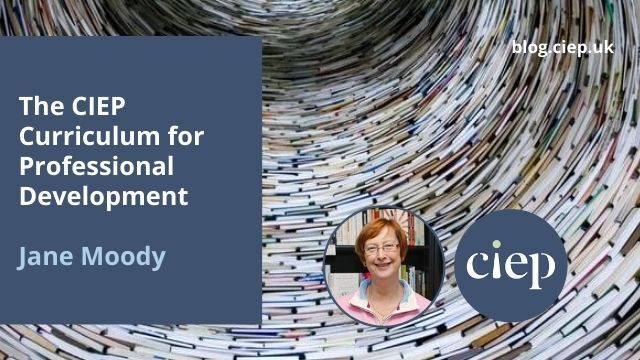
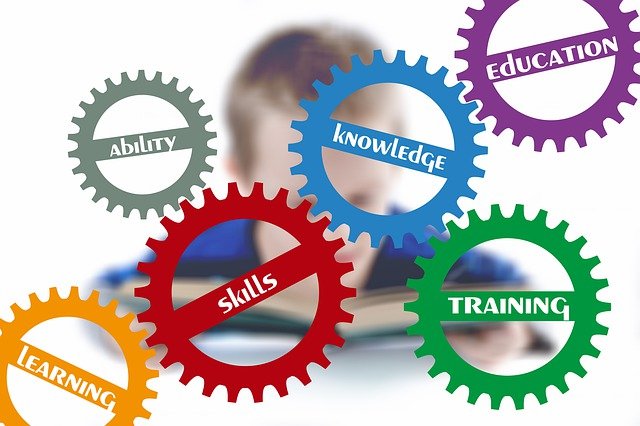
 Jane has worked with books for all her working life (which is rather more years than she cares to admit), having started life as a librarian. She started a freelance editing business while at home with her two children, which she maintained for 15 years before going back into full-time employment as head of publishing for a medical Royal College.
Jane has worked with books for all her working life (which is rather more years than she cares to admit), having started life as a librarian. She started a freelance editing business while at home with her two children, which she maintained for 15 years before going back into full-time employment as head of publishing for a medical Royal College.